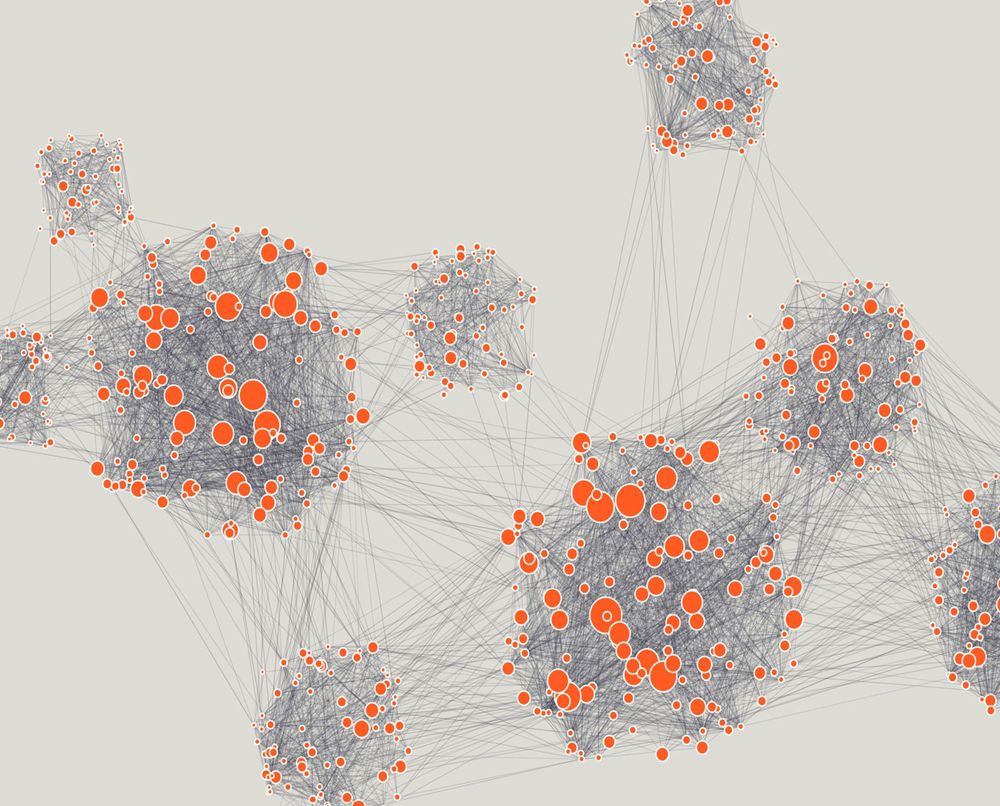
In a recent piece published in the HR Exchange Network, Michael Arena, co-founder of the Connected Commons, explains how leaders can account for the negative impacts of a remote working environment. Specifically, Arena details how to overcome the "Neighborhood Effect," a phenomenon where organizations have become more clustered — and teams more siloed — over time due to the deterioration of "bridging" connections between groups.
In order to begin repairing an organization's network, leaders should establish formal bridging mechanisms that facilitate collaboration and communication across teams.
This content is available to paid Members of Starling Insights.
If you are a Member of Starling Insights, you can sign in below to access this item.
If you are not a member, please consider joining Starling Insights to support our work and get access to our entire platform. Enjoy hundreds of articles and related content from past editions of the Compendium, special video and print reports, as well as Starling's observations and comments on current issues in culture & conduct risk management.
Join The Discussion